According to the American Veterinary Medical Association, feeding your dog the “appropriate food” is one of the top four requirements in their Guidelines for Responsible Pet Ownership. Choosing premium, natural dog foods not only maintains proper balance for your dog’s overall health, but also provides distinct advantages that help them live longer, happier lives.
This article discusses the best dog foods for longevity, helping you and your dog live long, fulfilling lives together. Note that feeding dogs human foods isn't always safe—roughly 30–40% of human foods are dangerous to dogs.
Be sure to carefully examine ingredients and consult your veterinarian if you plan to include fruits, vegetables, or other human foods in your dog's diet.
Which Nutrients Do Dogs Need to Stay Healthy in Old Age?
Scientists and veterinarians have studied dog nutrition and digestion for decades. Dogs need a range of nutrients to stay healthy:
- Amino acids from high-quality proteins
- Fatty acids
- Healthy carbohydrates
- Vitamins
- Minerals
- And of course, water
Research suggests that protein should make up 10%–50% of your dog's diet. Dogs are omnivorous, meaning they can get nutrients from both animal and plant sources, though most prefer meat. Each dog’s nutritional needs vary by breed, age, and health, so always check food labels and consult your vet.
How to Read Pet Food Labels
The way a dog food label reads has a lot to do with what’s actually in the food. According to the FDA, four naming rules affect how ingredients appear:
- The 95% Rule
- The 25% Rule
- The “With” Rule
- The “Flavor” Rule
1. The 95% Rule
The named ingredient must be at least 95% of the total product. For example, “Turkey for Dogs” must be 95% turkey by weight. If two ingredients are named, they must total 95%, with the predominant one listed first.
2. The 25% Rule (“Dinner Rule”)
When a named ingredient makes up less than 95%, the label must include a descriptor such as “Dinner” or “Formula.” “Lamb Formula for Dogs” only requires 25% lamb content.
3. The “With” Rule
The “With” rule, also called the 3% rule, requires just 3% of the named ingredient. “Dog Food with Beef” may contain only 3% beef, while “Beef Dog Food” must be 95% beef.
4. The “Flavor” Rule
Products labeled “Beef Flavor” don’t need to contain real beef—only ingredients that provide beef flavor. “Flavor” must appear in the same font and color as “Beef.”
Unhealthy Ingredients to Avoid in Dog Foods
The healthiest dog foods avoid fillers, dyes, and artificial additives. Ingredients to avoid include:
- Corn or corn wheat
- Wheat
- Soy
- Melamine
- Food dyes or corn syrup
- Monosodium glutamate (MSG)
- Sodium hexametaphosphate
- Propylene glycol
- Carrageenan
- BHA and BHT
- Ethoxyquin
Be cautious of “meat meal” or by-products—these can include low-quality or unspecified animal parts.
Is There Dog Food That Makes Dogs Live Longer?
“Best dog food” is relative, but the healthiest diets rely on real meat, fruits, vegetables, vitamins, and minerals. Avoid unnecessary fillers and preservatives. Consult your vet to tailor nutrition to your dog’s needs.
- Provide clean water
- Avoid toxic grooming or pest products
- Use antibiotics only when necessary
- Maintain dental hygiene
- Keep your dog lean and active
- Don’t over-vaccinate
- Support joints with supplements like omega fatty acids or glucosamine
How Much Longer Does a Dog Live if Fed Properly?
Feeding your dog a balanced, nutritious diet can add years to their life. Dogs on high-quality food may live up to two years longer than those on poor diets. Proper nutrition maintains healthy weight, supports immunity, and reduces the risk of chronic diseases.
Conclusion
The best way to keep your dog healthy and by your side for years is through clean, natural nutrition. Avoid low-quality fillers, consult your vet, and choose whole-food ingredients whenever possible.
Have questions? Reach out to us—we’d love to hear from you!
Frequently Asked Questions about Healthy Dog Food and Longevity
What nutrients help dogs live longer?
Dogs live longer when fed diets rich in protein, healthy fats, and essential vitamins and minerals. These nutrients support immune health, joint strength, and healthy aging.
What ingredients should I avoid in dog food?
Avoid artificial preservatives, dyes, fillers, and by-products such as BHA, BHT, corn syrup, and “meat meal.” These add calories but little nutritional value and can trigger sensitivities.
How can I tell if my dog’s food is high quality?
Look for real meat listed first on the label, followed by whole fruits or vegetables. Avoid vague ingredients or excessive additives.
Do senior dogs need a different diet?
Yes. Older dogs benefit from higher-quality protein, omega fatty acids, and fewer calories. These nutrients support mobility, weight control, and overall vitality.
Can proper nutrition really extend a dog’s life?
Yes. Studies suggest dogs fed balanced, whole-food diets live up to two years longer. Consistent nutrition reduces disease risk and promotes long-term health.

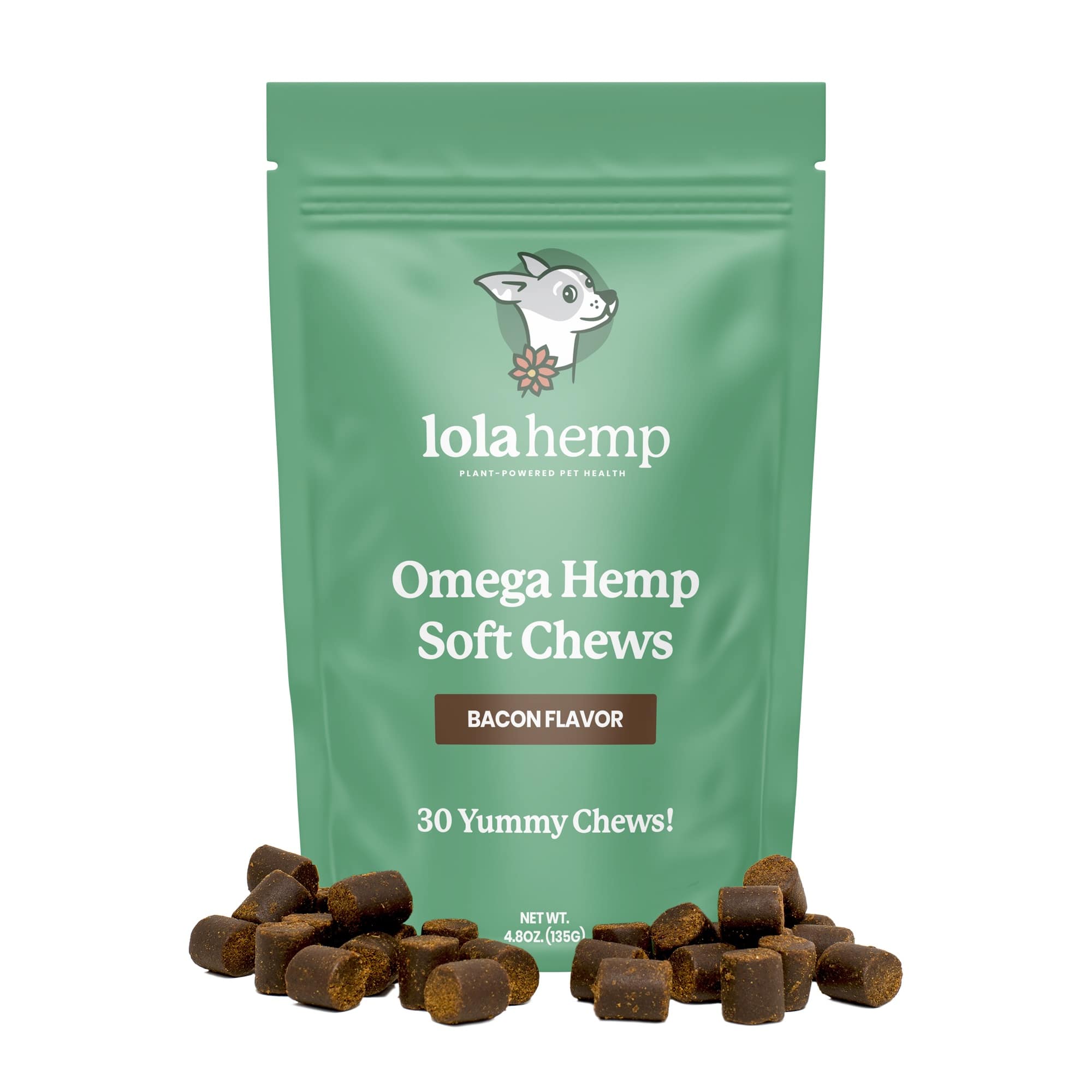
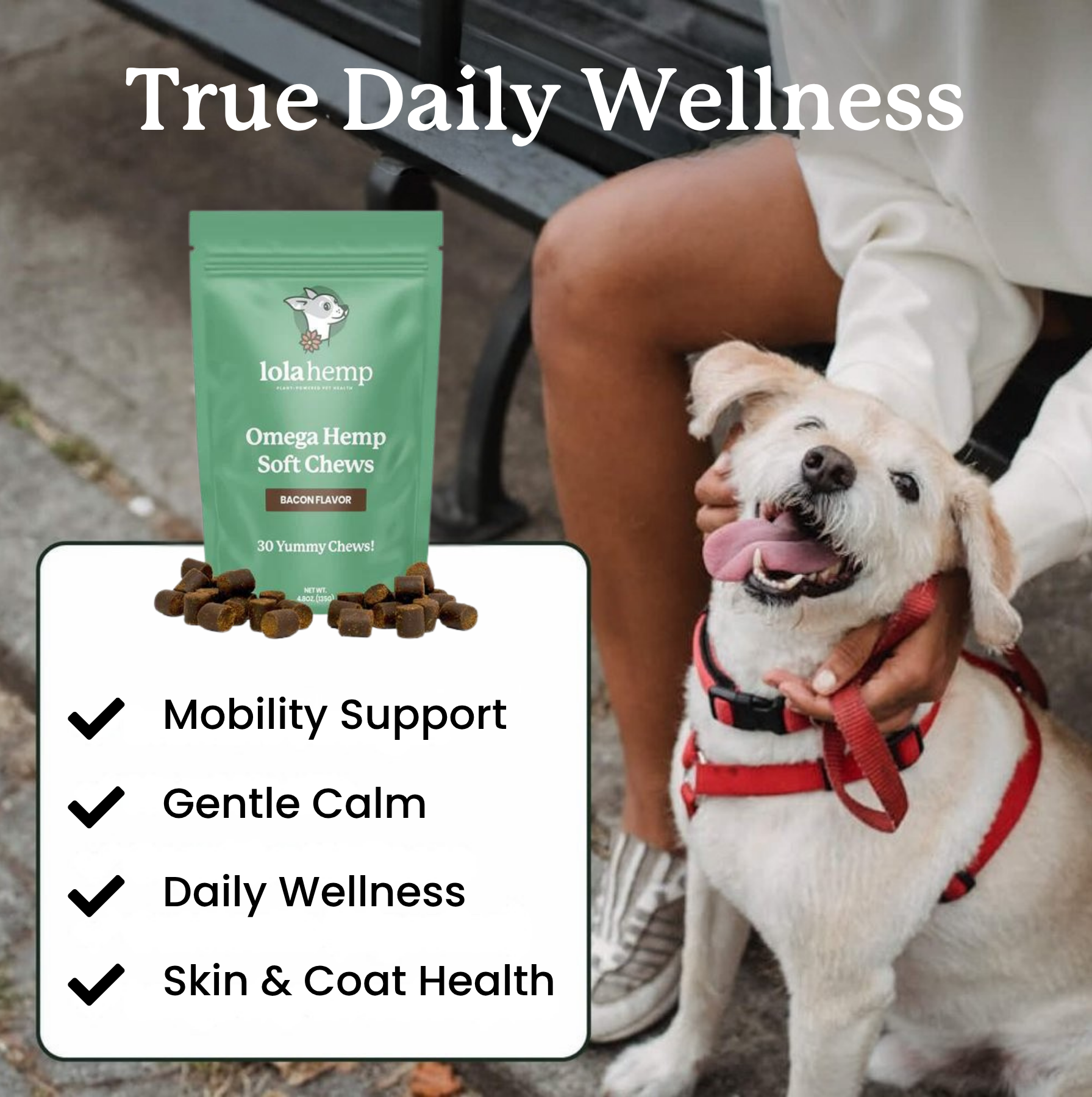
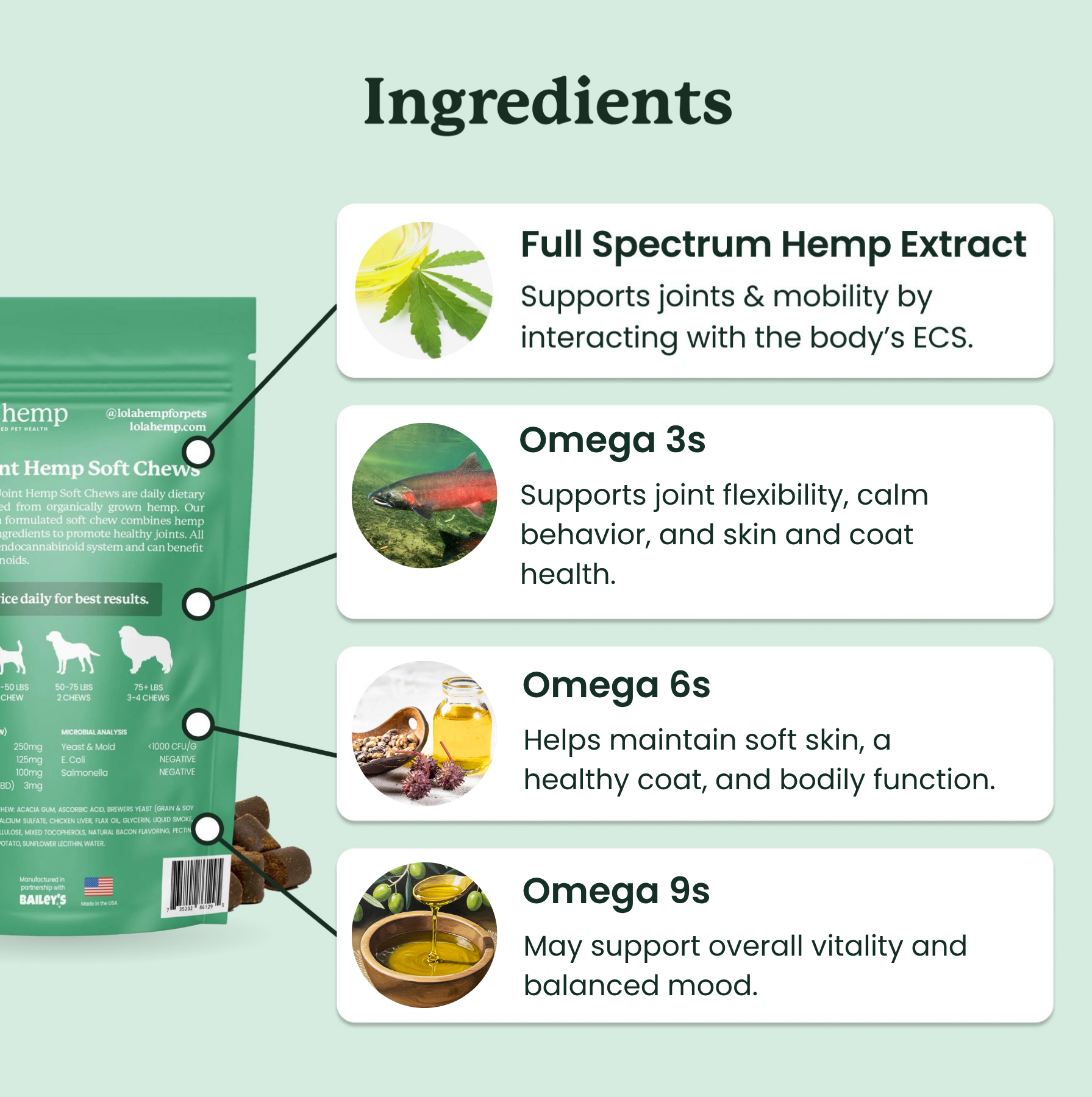
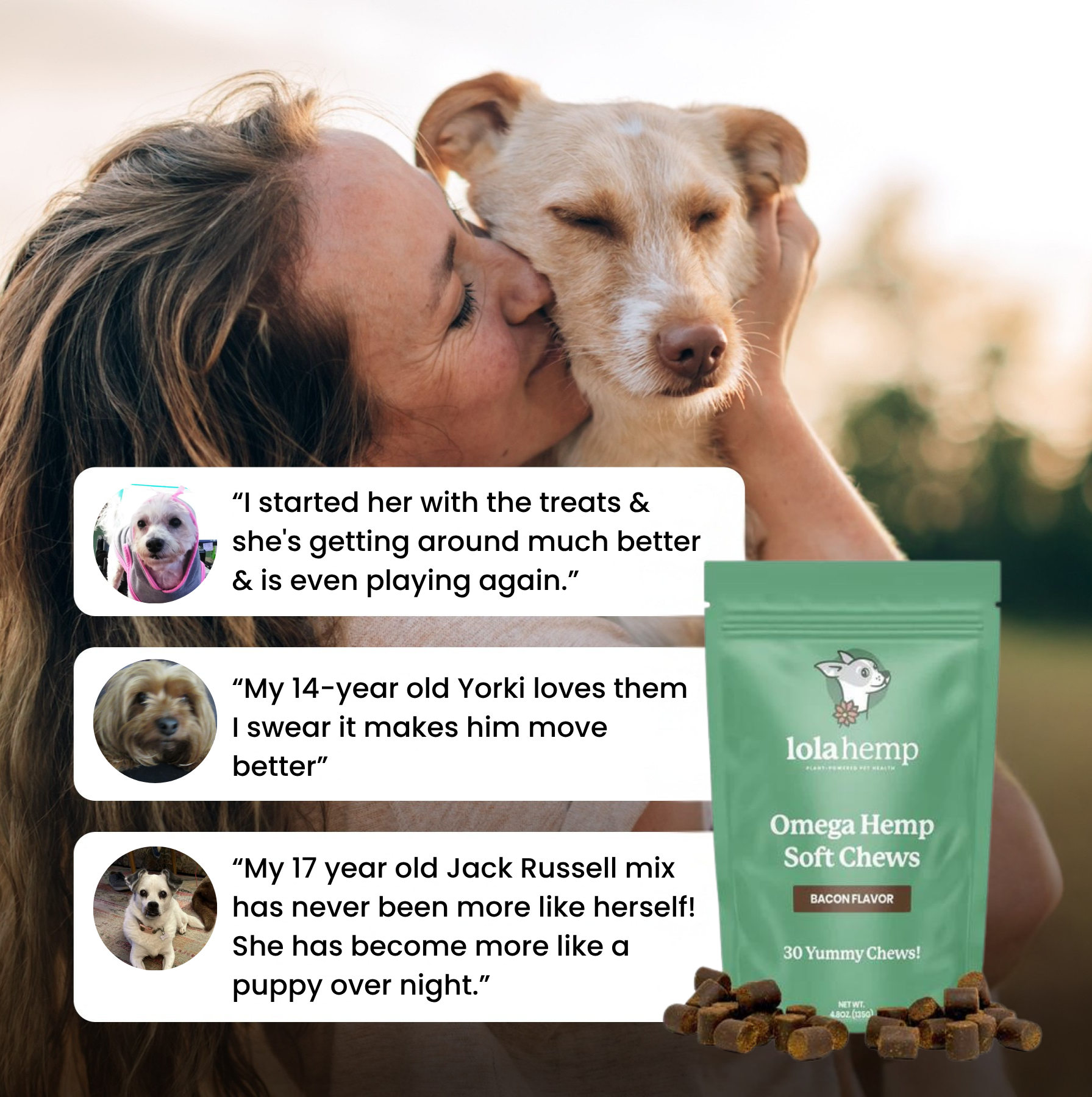
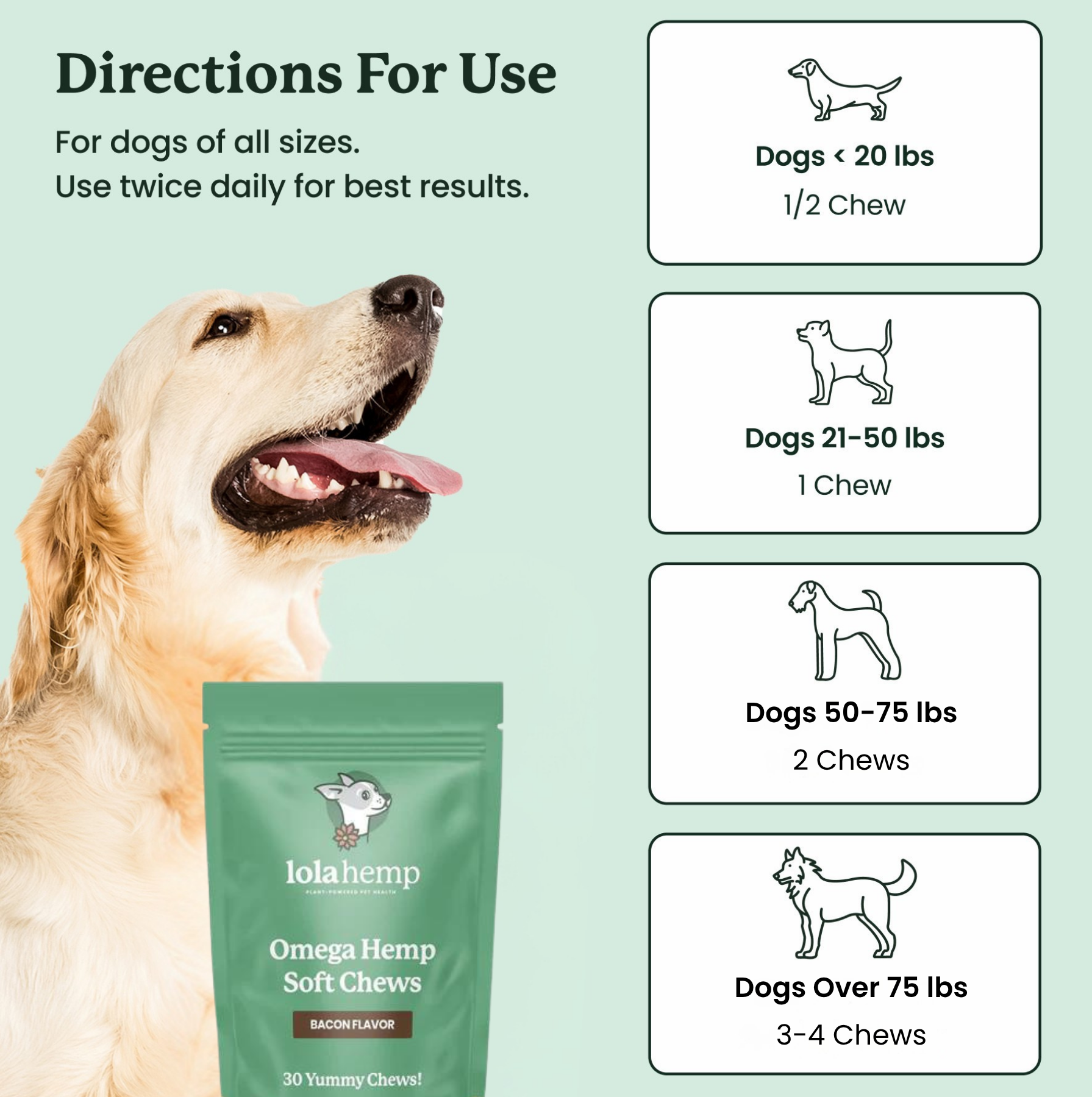
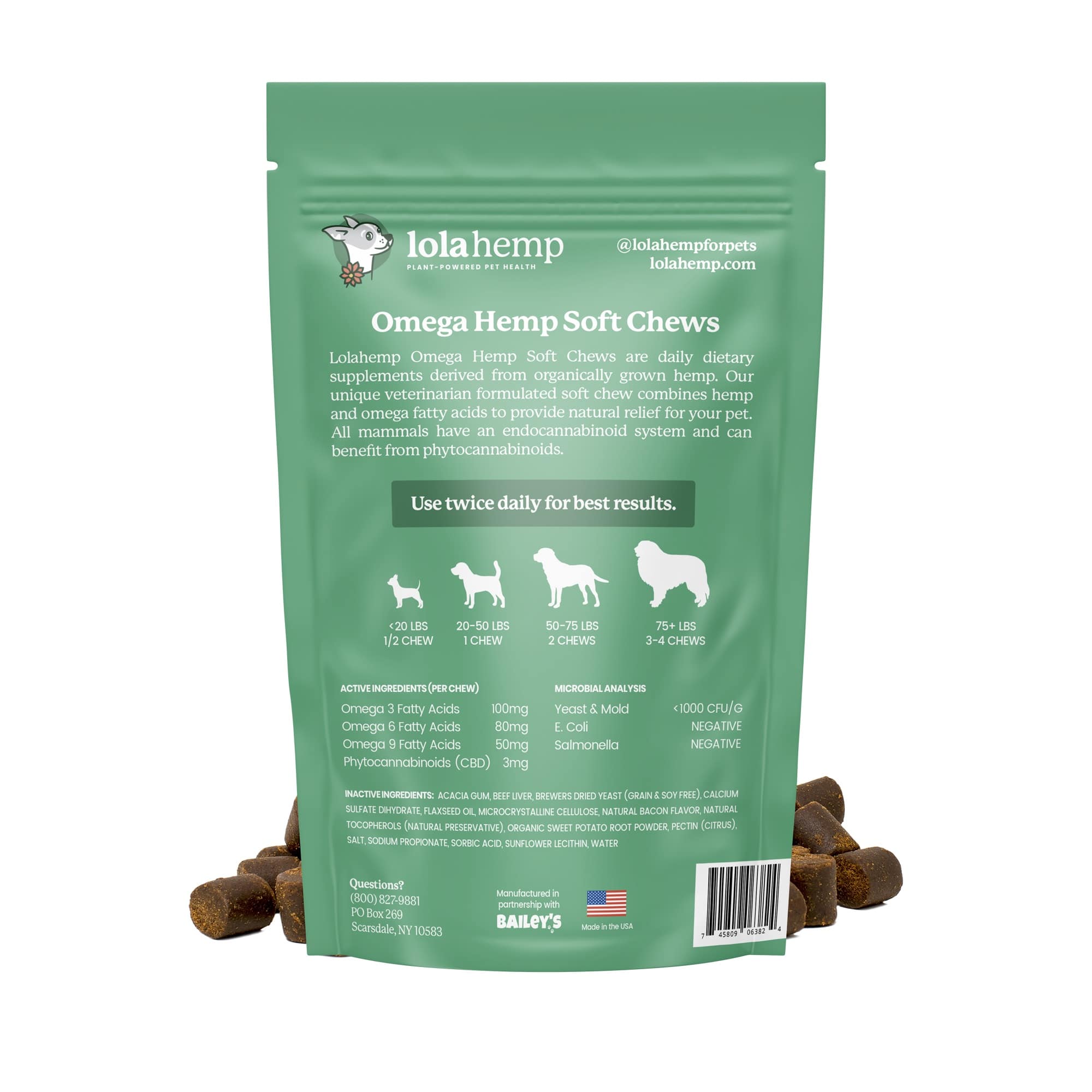




Comment
The best dog food for a Cane Corso puppy should be high in protein and low in carbohydrates. The Cane Corso requires high levels of protein because it has a very strong appetite.
This article provides a list of the top 12 Best Dog Food For Cane Corso Puppy that you can buy from Amazon.
The list includes brands like Wellness, Blue Buffalo, Taste of the Wild, Royal Canin, Hill’s Science Diet, Orijen, Purina Pro Plan Sportif, Nestle Purina Pro Plan Focus on Fitness Dry Dog Food, Acana Regionals for Dogs and Natures Variety Raw Boost for Dogs.
Thanks. https://needinhome.com/best-dog-food-for-cane-corso-puppy/